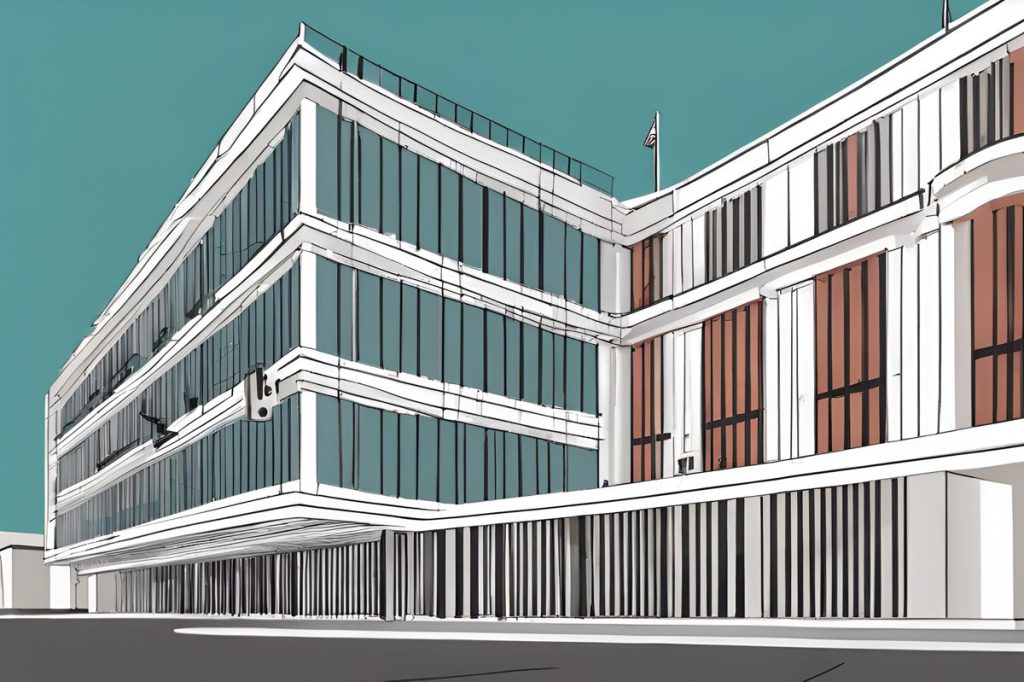Embassies of Western nations, such as the USA and the UK, are warning their citizens in Moscow of potential terrorist threats, advising them to avoid crowded areas and consider leaving Russia if their stay isn’t essential. These alerts are a result of escalating diplomatic tensions and security concerns amid a backdrop of complex international relations.
What are the current security advisories for Westerners in Moscow?
Embassies from Western nations, including the USA and the UK, have issued security alerts for their citizens in Moscow due to potential terrorist threats. Westerners are advised to avoid crowded areas and consider leaving Russia if their stay isn’t essential. These warnings come amidst heightened diplomatic tensions and a complex international backdrop.
Embassy Warnings Amidst Security Concerns
The Embassy of the Republic of Cyprus in Moscow has issued a stark warning to its citizens currently in Russia. Given recent reports suggesting the possibility of terrorist attacks, Cypriots have been advised to avoid crowded areas. This caution is not isolated; it tracks with a series of advisories from other Western nations’ embassies. With International Women’s Day celebrations, heightened vigilance is being observed due to larger public gatherings.
The United States Embassy, in a similar vein, has alerted American nationals to the potential of imminent plans by extremists for attacks in Moscow. They have recommended avoiding busy areas for at least the following two days. The UK Embassy has echoed these sentiments and has gone one step further, suggesting that those with non-essential reasons for staying in Russia consider leaving the country altogether.
Diplomatic Tensions and Safety Concerns
The backdrop to these advisories is a complex web of escalating diplomatic tensions between Western countries and Moscow. In a stark reflection of this strain, the Russian Ministry of Foreign Affairs has issued warnings against perceived interference by the United States in its domestic affairs, threatening retaliation including the expulsion of any diplomats acting against Russian interests.
Adding to the narrative, ‘Voyennoe Obozrenie’, a specialist publication, has highlighted the vague nature of the US warning, pointing out the term “extremists” without specifying an origin. There are speculations suggesting that the Ukrainian Central Intelligence Directorate could be implicated in the planning of these terrorist acts, under the direction of Western intelligence services.
Responses from Russian Figures
Russian officials have responded with their perspective on the situation. Margarita Simonyan, the director of the Russian TV network Russia Today, has remarked on the coordination between the US and UK embassies, emphasizing the expectation that they share credible intelligence through proper channels to prevent being complicit in any potential threats.
Furthermore, the Russian Foreign Ministry has taken concrete steps against perceived meddling. The US Ambassador to Moscow, Lynn Tracy, was summoned with a clear message that the US’s interference would face severe consequences. Additionally, the activities of three American NGOs in Russia have been curtailed, with the Russian authorities deeming their presence undesirable.
Security Advisories’ Global Context
These security advisories come at a time when travel to Russia is widely discouraged by Western nations. The United States has even issued its highest level of travel advisory for Russia, equivalent to those for countries with significant conflict and instability. This aligns with an international approach where travel advisories are becoming increasingly cautious in reaction to both the political climate and the specific threat of terrorism.
Why are Westerners in Moscow being advised to be vigilant and consider leaving Russia?
Western embassies, including those of the USA and the UK, have issued security alerts for their citizens in Moscow due to potential terrorist threats. Heightened diplomatic tensions and security concerns have prompted these warnings, advising Westerners to avoid crowded areas and to consider leaving Russia if their stay is not essential.
What specific security advisories have been issued by Western embassies in Moscow?
Embassies from Western nations, such as the USA and the UK, have recommended that their citizens in Moscow should avoid crowded areas and consider leaving Russia if their presence is not necessary. These advisories are in response to potential terrorist threats and escalating diplomatic tensions between Western countries and Moscow.
How are Russian officials responding to the security advisories and diplomatic tensions?
Russian officials have responded by emphasizing the need for credible intelligence sharing to prevent potential threats. The Russian Foreign Ministry has taken steps against perceived meddling, summoning the US Ambassador to Moscow and curtailing the activities of American NGOs in the country. Russian figures have highlighted concerns about Western interference and potential consequences.
What is the global context of these heightened security alerts for Westerners in Moscow?
These security advisories are part of a broader trend where travel to Russia is widely discouraged by Western nations. The United States has issued its highest level of travel advisory for Russia, reflecting the cautious approach to travel due to the political climate and the specific threat of terrorism. Other Western countries are also urging their citizens to exercise vigilance in Moscow.

